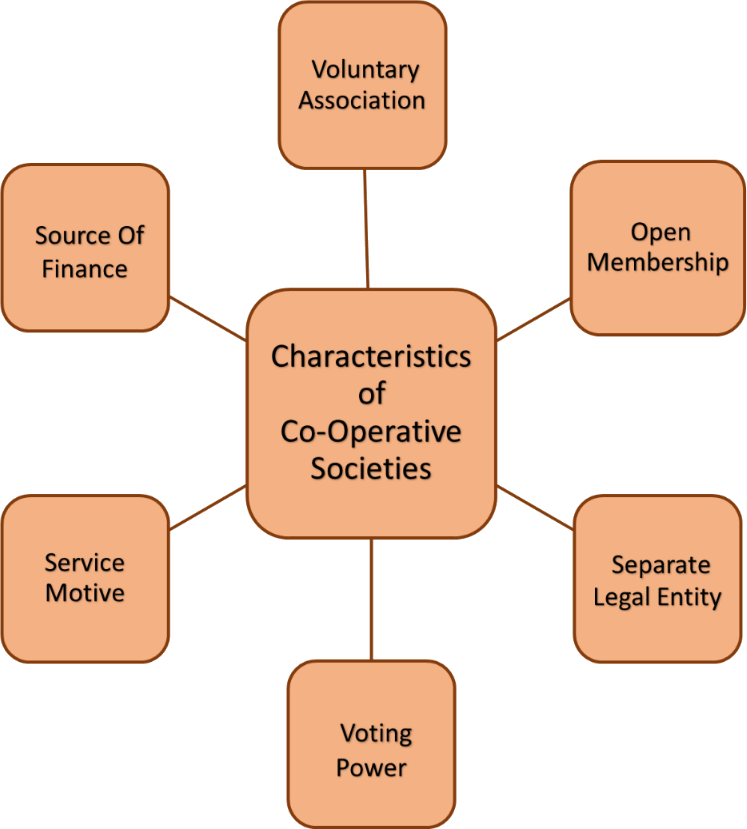Free Courses Sale ends Soon, Get It Now


Free Courses Sale ends Soon, Get It Now



Copyright infringement not intended
Context - A National Conference on Cooperation Policy was organized in New Delhi
Details
Ministry of Cooperation
Cooperative Societies in India

Copyright infringement not intended
Significance of Cooperative Societies
Concern
Way Forward
https://www.pib.gov.in/PressReleasePage.aspx?PRID=1816571
© 2024 iasgyan. All right reserved